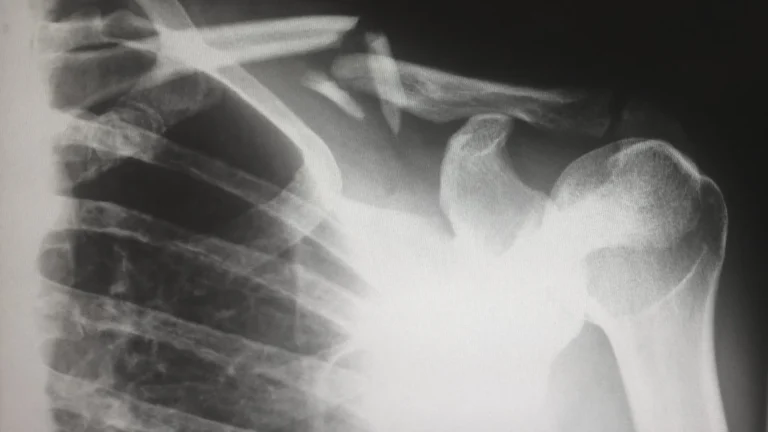Proton Pump Inhibitor Lawsuit
How To File A Proton Pump Inhibitor Lawsuit
When filing a mass tort case for proton pump inhibitor medications, one of the first steps is to find a qualified attorney. Look for attorneys who specialize in overseeing these types of cases and ask them about their experience. A good lawyer should be able to provide detailed information about how they will manage your case and what you can expect throughout the court process.
Once an attorney has been chosen, they will need to gather evidence that proves liability on the part of the manufacturer or seller of the drug. This could include medical reports from doctors who prescribed the drug, as well as product testing results that show any defects in the medication that may have caused injury or illness. Additionally, it is important to collect statements from other individuals who have also suffered injury or illness from taking the medication.
The attorney will then need to create a claim for damages and file it with the appropriate court. If multiple plaintiffs are involved, they may be able to join in one mass tort case, which makes the process easier as each party’s claims can be presented together. The court will then review all evidence and determine whether there is sufficient proof that the defendants are liable.
If the court finds that liability is warranted, it may award a settlement to the plaintiffs for their suffering. This amount of money is typically split among each plaintiff based on their losses associated with using the drug. Once any outstanding medical bills have been paid by this settlement, any remaining funds are distributed to the plaintiffs.
Overall, filing a mass tort case for proton pump inhibitor medications can be a long and involved process, but it is possible to obtain compensation if you have been injured by taking the medication. Having an experienced lawyer on your side will help ensure that your rights are protected throughout the entire process.
No Fee Unless
GGL Wins
What Is A Proton Pump Inhibitor?
A Proton Pump Inhibitor (PPI) is a type of medication used to reduce the amount of acid in the stomach. PPIs work by blocking an enzyme called proton pump, which helps produce stomach acid. By blocking this enzyme, PPIs can reduce the amount of acid that is produced and help treat conditions associated with too much stomach acid, such as gastroesophageal reflux disease (GERD), ulcers, and other digestive problems.
In addition to reducing acidity in the stomach, PPIs are beneficial for people with certain types of kidney and liver diseases. They also may lower the risk of bleeding from the upper gastrointestinal tract after nonsteroidal anti-inflammatory drugs are taken.
PPIs come in both prescription and over-the-counter forms, and they can be taken orally as a pill or liquid suspension. Common side effects of PPIs include headache, nausea, diarrhea, abdominal pain, and constipation. Long-term use of PPIs may also lead to vitamin B12 deficiency due to reduced absorption of the vitamin in the intestines. It is important to speak with your doctor before taking any medication to ensure that it is safe for you to take.
Overall, PPIs can be an effective and safe way to reduce stomach acid and treat conditions associated with too much acidity in the stomach. They are available over the counter or can be prescribed by your doctor depending on your individual needs.
Be sure to talk to your doctor before taking any medication, as some medications can interact with each other and cause unwanted side effects. With proper use, a PPI may help you manage symptoms of acid reflux and other digestive issues.
This is a summary of the definition of a proton pump inhibitor. A PPI is a type of medication used to reduce the amount of acid in the stomach and help treat conditions associated with too much acidity, such as GERD, ulcers, and other digestive problems.
They are available over the counter or by prescription and are beneficial for people with certain types of kidney and liver diseases. Common side effects include headache, nausea, diarrhea, abdominal pain, and constipation.
Be sure to talk to your doctor before taking any medication as some medications can interact with each other and cause unwanted side effects. With proper use, PPIs may help you manage symptoms associated with acid reflux and other digestive issues.
How Can A Mass Tort Lawyer Assist Me In My Case?
A proton pump inhibitor (PPI) mass tort lawyer serves a critical role in PPI mass tort cases. They are responsible for representing victims of PPI side effects and ensuring that they receive fair compensation for their injuries. The lawyer will evaluate the case, advise clients on any available options, and work to secure compensation through settlements or court awards.
The lawyer will also investigate the claims of each victim to determine if there is enough evidence to support their case. This includes gathering medical records, researching relevant legal precedents, and interviewing witnesses. Once sufficient evidence has been collected, the attorney can then begin preparing for trial or negotiating settlements with defendants.
Related Practice Areas
No Fee Unless
GGL Wins
We've got you covered.
Tell us what happened.
One of our advisers will contact you.

OFFICIAL PARTNER OF RUTGERS ATHLETICS
Recent GGL Wins
Medical Malpractice
A 30-year-old pregnant woman went into labor. The doctor failed to take proper steps in the baby’s delivery, making the mother wait in the hallway for ten hours while the baby’s heart rate began to drop. The baby was delivered via C-Section; he was blue from lack of oxygen resulting in Cerebral Palsy.
$14 Million
Verdict
Construction Accident
Mediation award resulting from an industrial explosion causing disfiguring burns and severe orthopedic injuries.
$7.8 Million
Verdict
Auto Accident
31-year-old man who was cut off by another car causing his car to flip over. He sustained head injuries, facial injuries, and half of his pinky finger was amputated.







